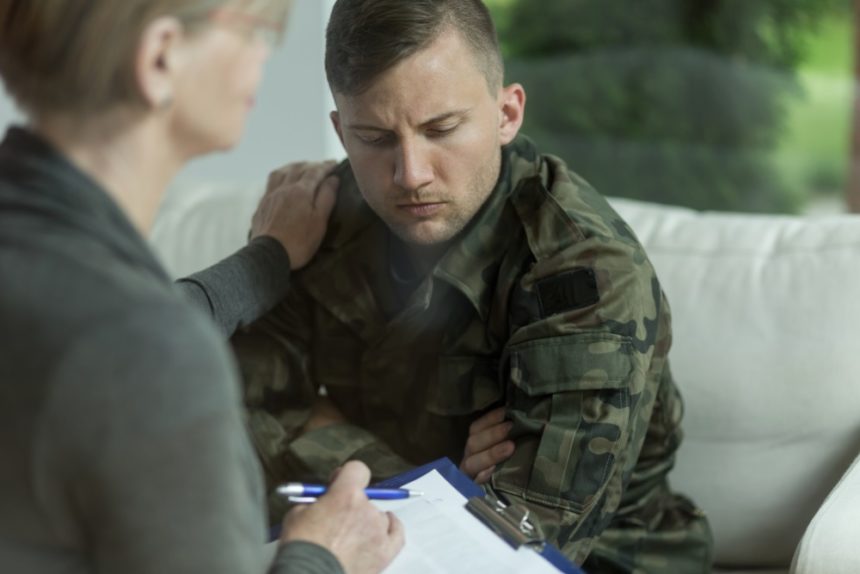Table Of Contents
Recently, our blog explained why securing representation for your disability claim makes the process easier. Now is a suitable time to examine whether some representatives are more effective at winning claims than others. Choosing an advocate representative for VA appeals can increase the chance of success and assist in navigating the complexity of the appeals process.
We noted that the VA appeals system can be maddening. There are a lot of reasons for this, but the primary reason is the complexity of the VA appeals process. It begins with a notice of disagreement (NOD). After filing the NOD, the claimant then receives a Statement of the Case from the VA that includes pages, and pages, and pages of quoted rules from the United States Code of Federal Regulations, Title 38. These rules are arcane, very detailed, and arise from advocates passed by the United States Congress. Many people call our office complaining that the VA sent 50 pages of confusion.
After working hard to understand the 50 confusing pages, a claimant would file a Substantive Appeal on a VA Form 9. The case then goes to the Board of Veterans Appeals where a Veterans Judge either grants the claim, denies the claim, or remands the claim. Those are the three possibilities. A remand happens when the Board tells the VA regional office to fix a problem. Usually that means scheduling a compensation and pension exam or securing additional medical or personnel records.
Last year the 114th House of Representatives passed a bill to simplify this process – HR 5620; but, the bill died in the Senate. So, things have remained complex, unwieldy, and long. The Board publishes annual statistics about how many claims were remanded, granted, and denied for different kinds of representatives – advocates, representatives from the service organizations, and representatives from county service offices. Some relevant statistics are:

You can find these statistics in the Board of Veterans’ Appeals Annual Report for 1991-2015.
The most noteworthy statistic is this: the Board granted 23.4% of claims filed by veterans without representation – but, when a veteran hired an advocate, that success rate jumped to 39.7%. This means that if a claimant uses an advocate, the chance of success rises by more than 16%. Advocates have a success rate higher than every other organization except AMVETS. The difference between the advocate rate of success and AMVETS success rate is less than 1%.
A more detailed examination, however, shows that advocates lose less than any other organization. The Board denies only 10% of claims when an advocate is representing the veterans. This means that 90% of the time, a representative will secure either an award or a remand. That is an impressive figure. So, advocates not only make the process easier on veterans, but advocates are the most effective representative according to the Board’s own statistics.
In conclusion, by hiring an advocate to represent you, the chances of success can increase dramatically. To put it another way, you can reduce the chances of losing your claim even more dramatically.
Legal Assistance with Veterans’ Appeals
Our talented team of veterans with disability are committed to securing the benefits veterans need and deserve. If you are interested in having an advocate from Veterans Help Group evaluate your VA appeals case to discover whether we can help your claims succeed, then contact Veterans Help Group, at (855) 855-8992 or complete our free veterans benefits case evaluation form.

Major Victory: VA Invests Over $800 Million to Fight Veteran Homelessness
Major Victory: VA Invests Over $800 Million to Fight Veteran Homelessness The Department of...

What is the VA DBQ?
What is a VA DBQ? A VA Disability Benefits Questionnaire (DBQ) is a form used to convey medical...

Why Does the VA Deny So Many Veteran Disability Claims?
There are several reasons why the VA denies so many veteran disability claims. Knowing them can help you improve your chances of being approved on your next application or appeal.





